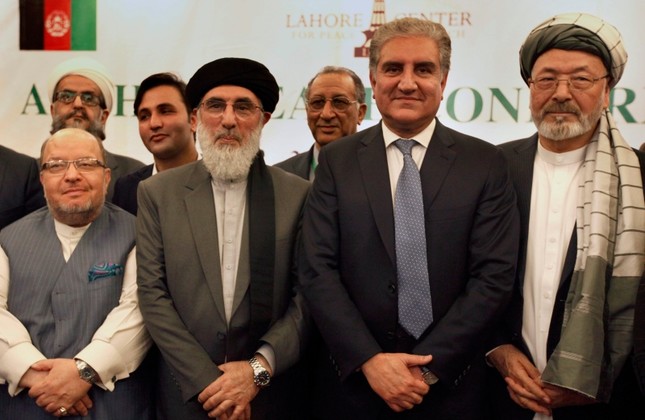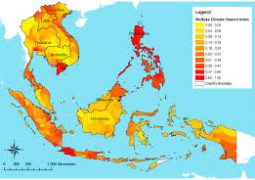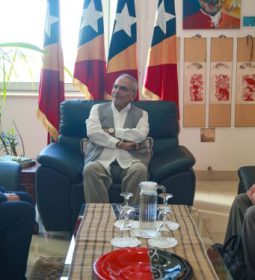Againistan: Taliban open to 10-day ceasefire with U.S., talks with Afghan government

The Taliban will implement a 10-day ceasefire with U.S. troops, a reduction in violence with Afghan forces and discussions with Afghan government officials if it reaches a deal with U.S. negotiators in talks in Doha, two sources have said.
If an agreement is sealed, it could revive hopes for a long-term solution to the conflict in Afghanistan.
Taliban and U.S. negotiators met on Wednesday and Thursday to discuss the signing of a peace deal, according to a spokesman for the Taliban office in Qatar. The talks were “useful” and would continue for a few days, the spokesman, Suhail Shaheen, said on Twitter early on Friday.
U.S. President Donald Trump had called off the stop-start talks to end the 18-year war in September after an U.S. soldier was killed in an attack by the militant group.
They resumed but were interrupted again in December after the Taliban launched a suicide attack on a U.S. base outside Kabul killing two civilians.
Two sources close to the matter told Reuters on Wednesday that the Taliban’s top leadership had now agreed to implement a 10-day ceasefire with U.S troops once a deal was signed in Doha, and to “reduce” attacks against the Afghan government.
A senior Taliban commander said: “The U.S. wanted us to announce a ceasefire during the peace talks which we had rejected. Our shura (council) has agreed to a ceasefire the day the peace accord is signed.”
Once an agreement is in place, the Taliban and Afghan government could meet face to face in Germany, said the commander. Previously, the Taliban had refused to engage in talks with the Afghan government.
The U.S. team in Doha had demanded a ceasefire “which we had declined due to some issues,” the Taliban commander said. “Now most of our reservations have been addressed.” Another source close to the talks confirmed the commander’s version of events.
ADVERTISEMENT
A signing date has not been fixed, but the Taliban commander said he expected it to be “very soon.”
Both sources asked not to be named due to the sensitivity of the matter.
A U.S. State Department spokeswoman declined to comment and the Pentagon referred queries to the State Department.
PAKISTAN WARNS ON WITHDRAWAL
Pakistan’s Foreign Minister Shah Mahmood Qureshi, who was visiting top U.S. officials in Washington, said Islamabad had been facilitating the dialogue and had played its role in helping get the negotiations getting this far.
Qureshi noted that the Taliban ultimately sought the withdrawal of the roughly 13,000 American troops from Afghanistan in any agreement.
Qureshi stressed that Pakistan, which fears greater instability in neighbouring Afghanistan, did not want a precipitous U.S. withdrawal.
“The Taliban want withdrawal of foreign forces. What we are saying is, yes, they should be withdrawn, but the withdrawal should be a responsible one,” Qureshi said. “Let’s not forget that there are forces, there are elements in Afghanistan that can take advantage if there is anarchy … if there is some kind of civil war.”
An Afghan presidency spokesman said a ceasefire was the only way to achieve sustainable and dignified peace. “Any plan which proposes a ceasefire as a basic step will be acceptable for the government,” Sediqi Sediqqi tweeted on Friday.
Violence in Afghanistan rose after the breakdown of talks in September.
The Taliban’s readiness to reduce violence revives odds of the peace process moving forward before the militant group launches what is usually an annual spring offensive around early April.
Reporting by Jibran Ahmad in Peshawar and Abdul Qadir Sediqi in Kabul; Additional reporting by Hamid Shalizi in Kabul and Phil Stewart in Washington; Writing by Gibran Peshimam; Editing by Raju Gopalakrishnan, John Stonestreet and Marguerita Choy
- Previous To defuse palm row, Davos diplomacy likely between India, Malaysia
- Next New Times arrive: Japan and U.S. hail security















